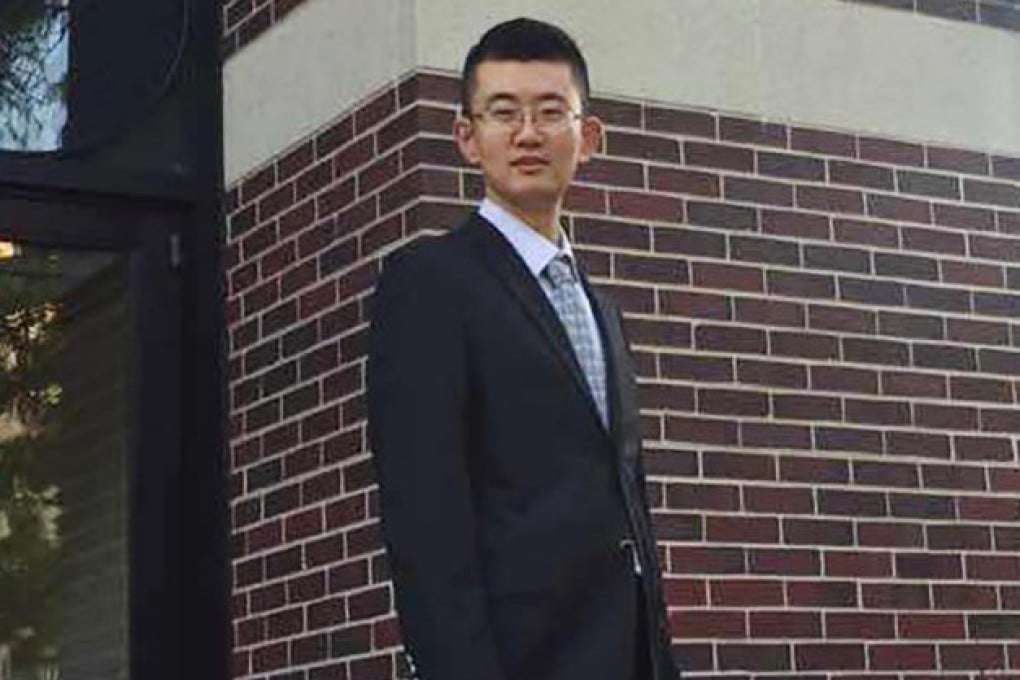Former Chicago graduate student Ji Chaoqun convicted of spying for China part of larger plan: analysts
- One-time US Army reservist Ji Chaoqun targeted by Jiangsu Province state security apparatus before moving to Illinois for school, prosecutors say
- Analysts describe ‘fish-at-the-bottom-of-the-ocean’ operation in which seemingly ordinary recruits are nudged into positions of usefulness

A former Chicago graduate student and member of the US Army Reserve convicted of acting as an illegal agent for China appears to be part of a “fish-at-the-bottom-of-the-ocean” operation in which seemingly ordinary recruits are nudged into positions of usefulness by Beijing’s state security apparatus, analysts said.
Ji Chaoqun, 31, worked on behalf of a “high-level intelligence officer” in the Jiangsu Province Ministry of State Security, identifying individuals for potential enlistment, according to evidence presented at his two-week trial. The US Department of Justice said targets for recruitment by Ji and the Jiangsu MSS included Chinese nationals working in the US as engineers and scientists, such as those at defence contractors.
Ji was found guilty late Monday of both conspiring to and acting as an unauthorised agent for a foreign government and for making false claims to the US Army. He was acquitted on two other wire fraud charges. In a statement, Damon Cheronis, Ji’s lead lawyer, said they were “pleased” the jury returned the two not-guilty verdicts.
According to prosecutors, Ji was targeted by Jiangsu MSS agents in China soon before travelling to Chicago in 2013 to study electrical engineering at the Illinois Institute of Technology. When he returned to China for winter break, Ji was “wined and dined” by MSS handlers. This led to a top-secret contract after he swore an oath to “devote the rest of my life to state security”.

Ji’s case appears to fit a common “fish-at-the-bottom-of-the-ocean” approach China uses in which it approaches ordinary nationals based in foreign countries and works with them for years as their career advances or is nudged in a promising direction by their spymasters, said Nick Eftimiades, a former Pentagon official and senior Atlantic Council fellow.